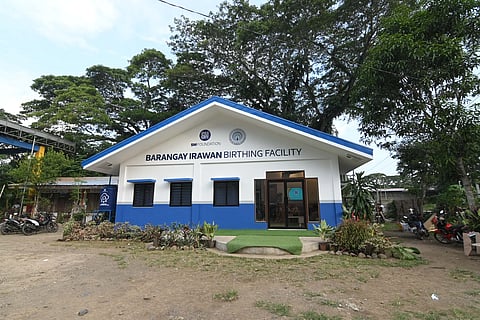
- NEWS
- the EDIT
- COMMENTARY
- BUSINESS
- LIFE
- SHOW
- ACTION
- GLOBAL GOALS
- SNAPS
- DYARYO TIRADA
- MORE

Investing in healthcare has never been more important than now with the tough lessons of the recent pandemic.
One of these lessons revealed the vulnerability of health systems buckling under the strain of huge medical demands at the height of Covid-19. While both the public and private sectors needed to step up, there is an even bigger need to anticipate, more than just respond to any future health crisis.
This brings to light the importance of access and what the private sector has been doing in helping bridge the healthcare socio-economic gap. For SM and its foundations, this means better community access to quality primary healthcare in partnership with national and local governments.
Medical missions allow access, especially of remote or economically disadvantaged communities, to medical care, education and support.
SM Foundation’s medical missions provide free consultations, basic laboratory tests, dental check-ups and proper dosage of appropriate medicine. SM Foundation reached an important milestone by conducting more than 1,600 medical missions, benefiting nearly 1.3 million patients year-to-date.
“Patients who once endured long queues at crowded healthcare facilities now find relief as we bring healthcare services to remote barangays or provide them conveniently at our malls and properties,” Connie Angeles, SM Foundation executive director for health and medical programs, said.
While health facilities offer a venue for the conduct of medical services, fixing it up through thoughtful and meaningful design could do more for the community than just provide space. Rural health centers are considered as lifelines, offering a comprehensive range of health services at a minimal cost or even free to the most vulnerable.
“These opportunities to rebuild health centers do more for human well-being. The refurbishment of public healthcare facilities not only enhance their capabilities by way of improvements and new equipment but also make these facilities more responsive and conducive to the health needs and recovery of those they serve,” Angeles said.
Furthermore, the renovation allows public health centers to meet PhilHealth accreditation standards, resulting in an increase in PhilHealth utilization and helping decongest city hospitals and minimizing the spread of communicable diseases.
